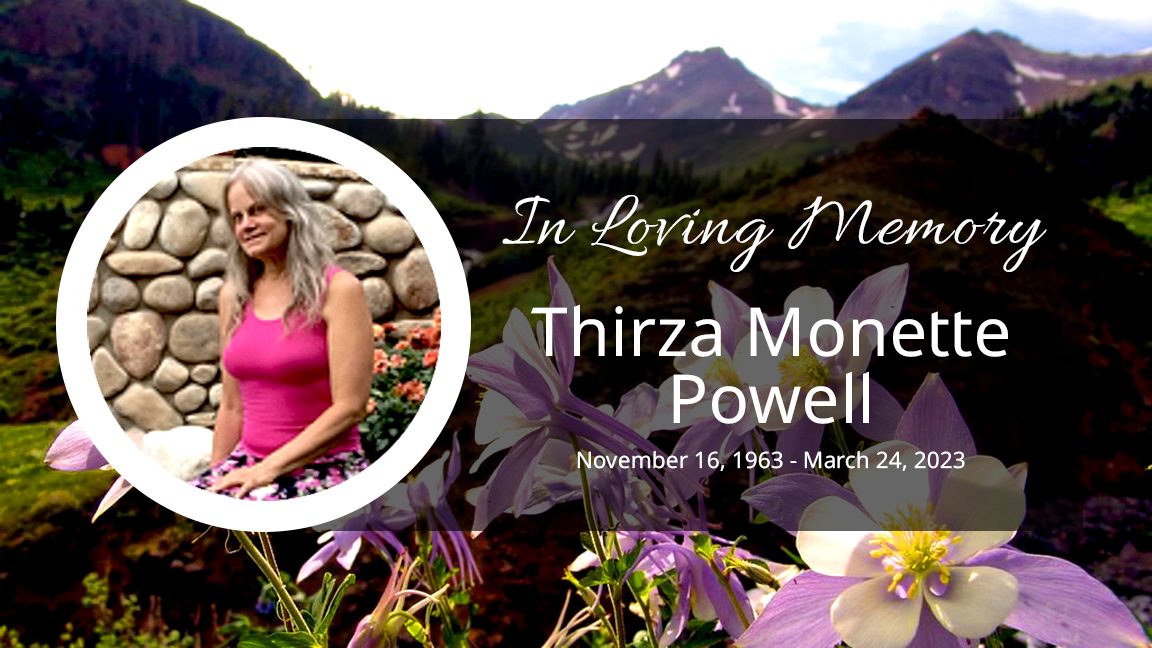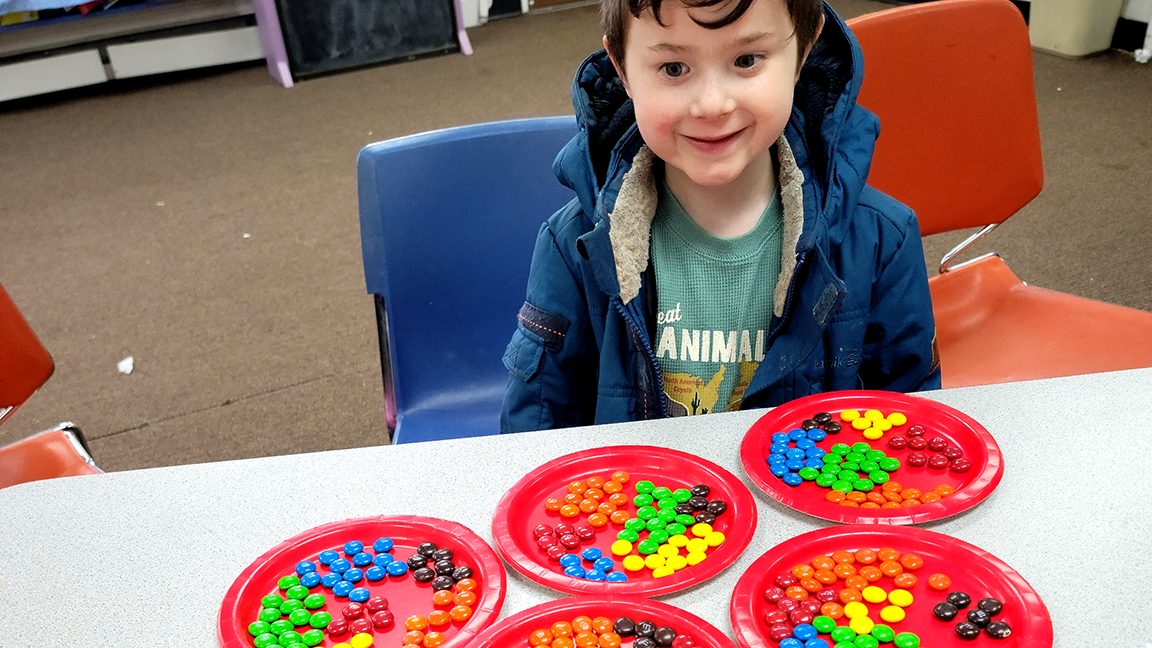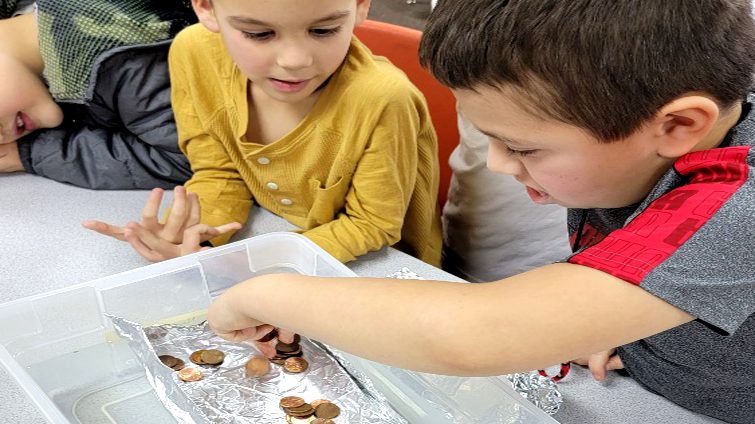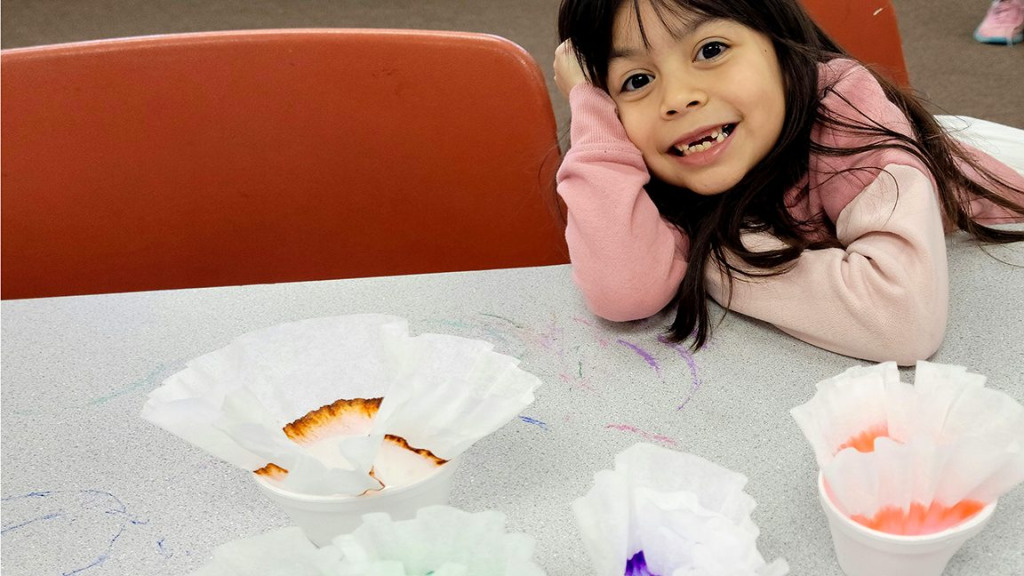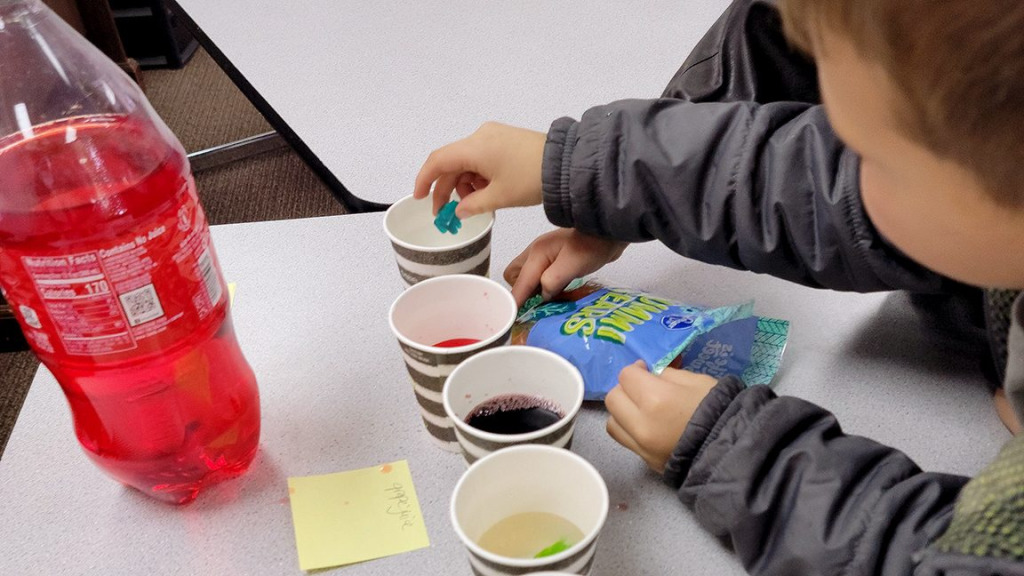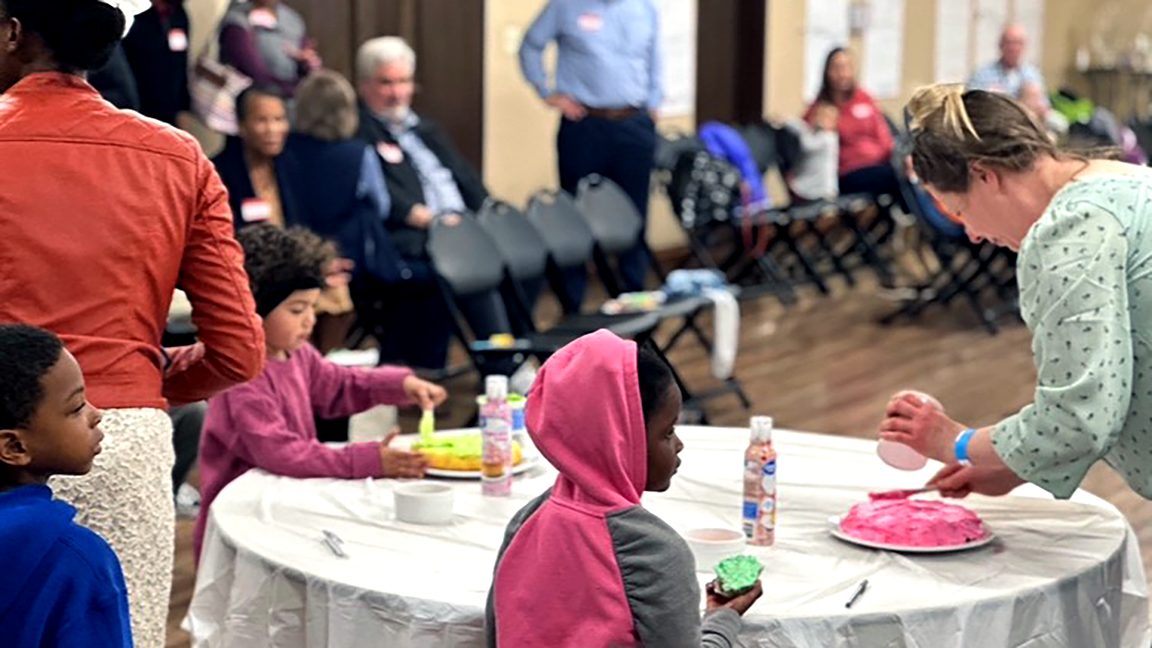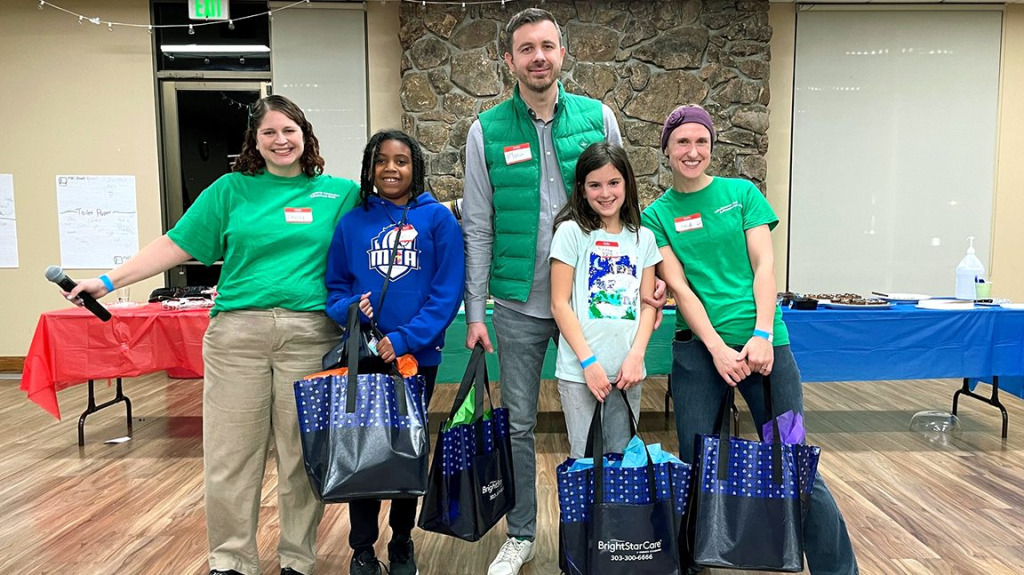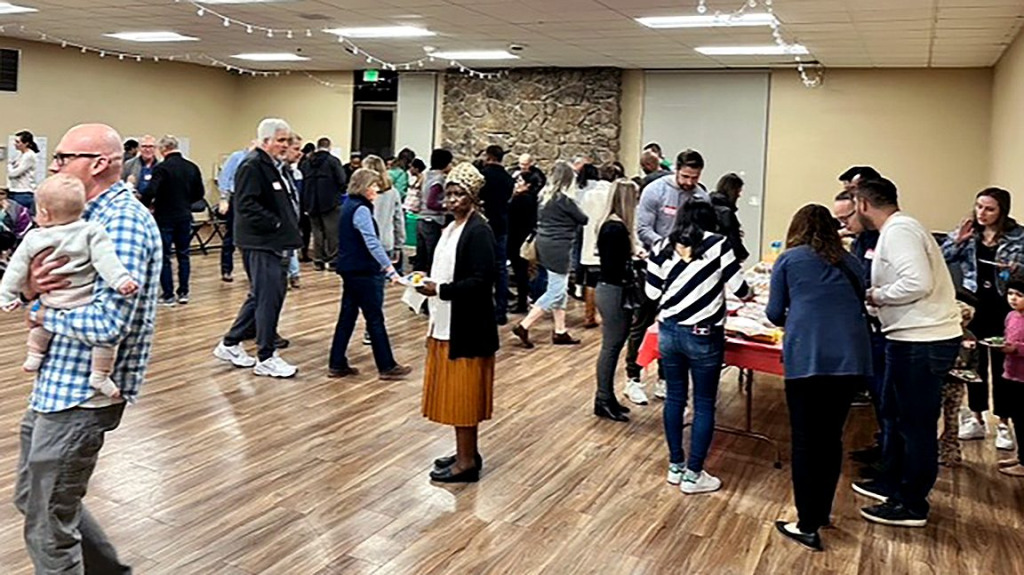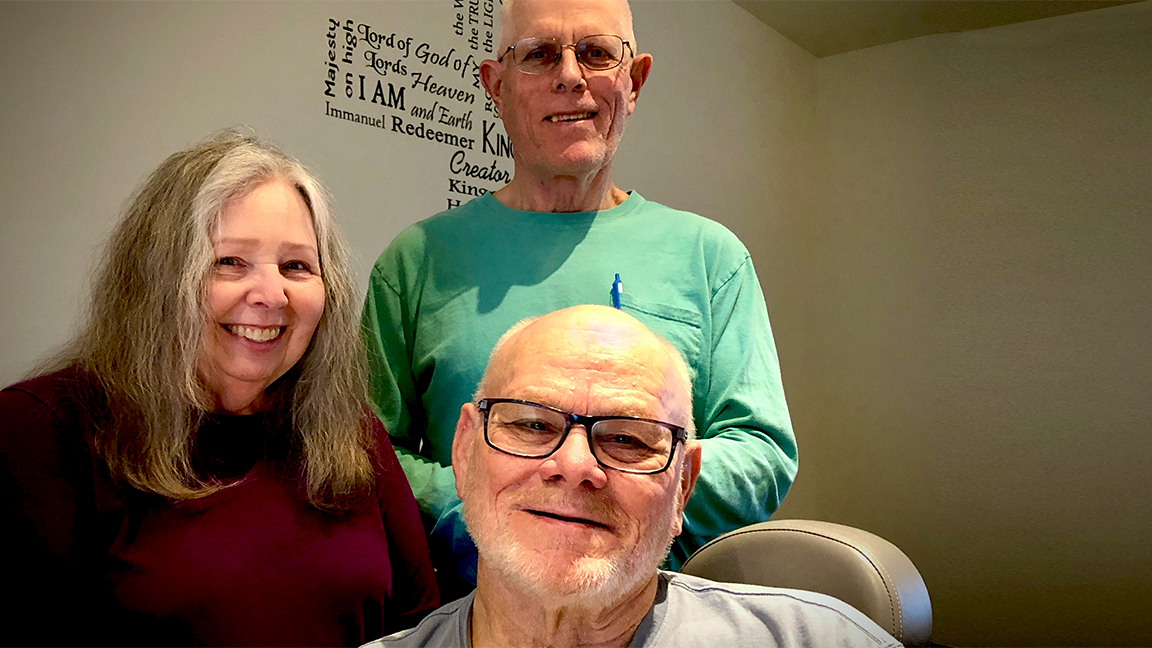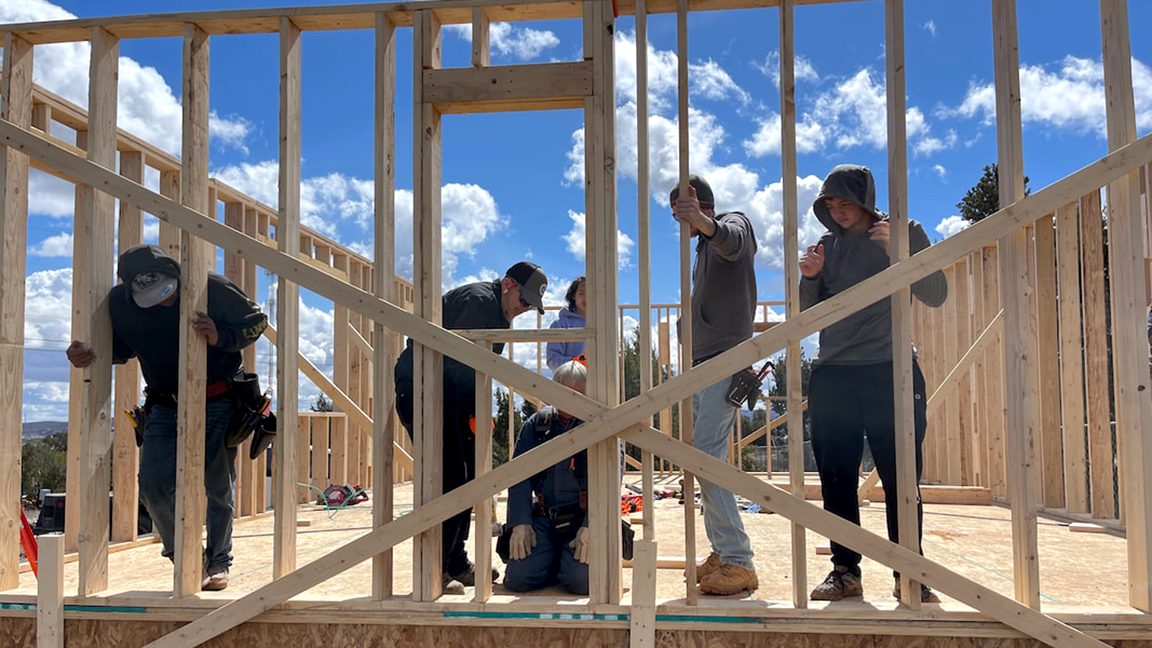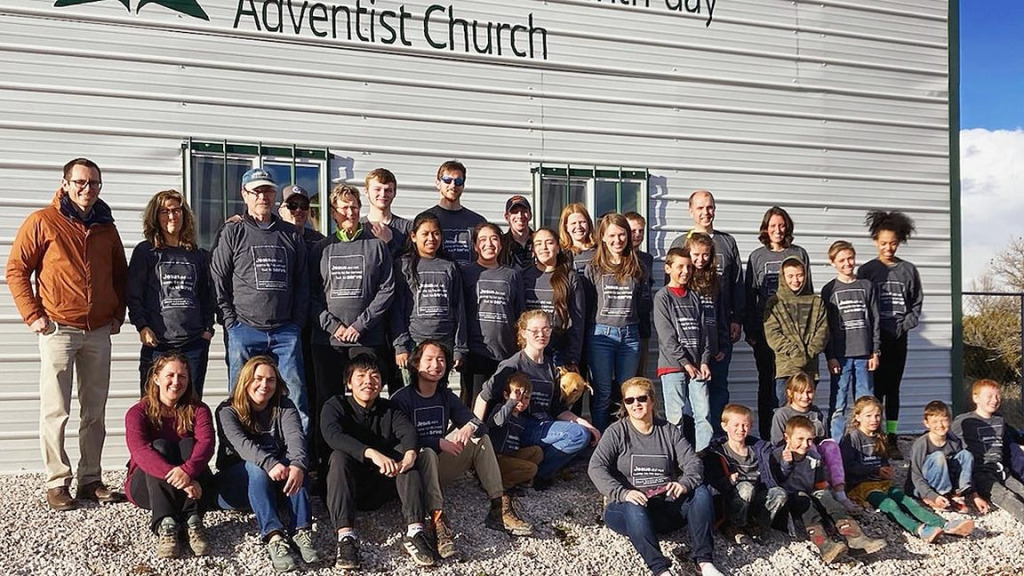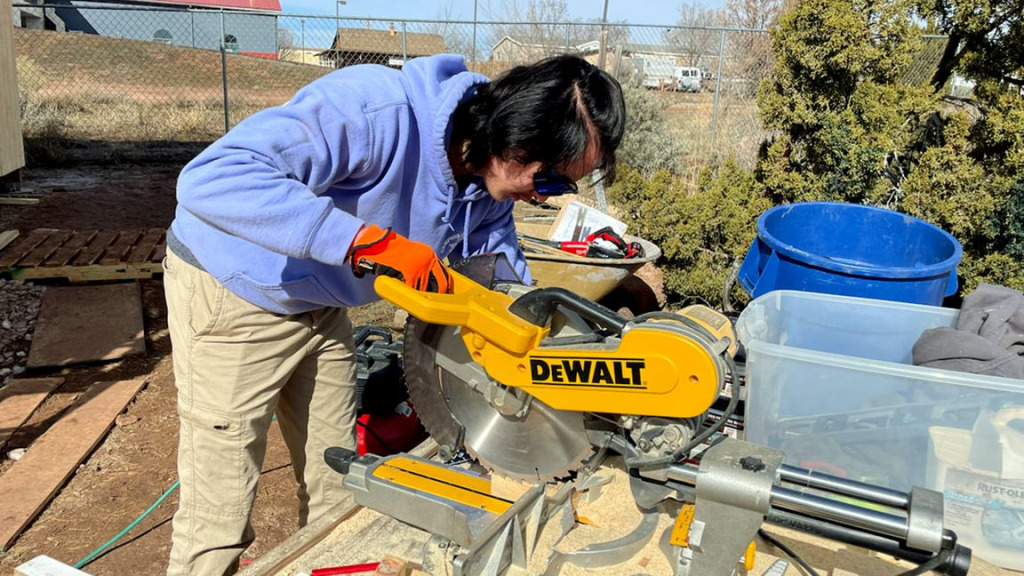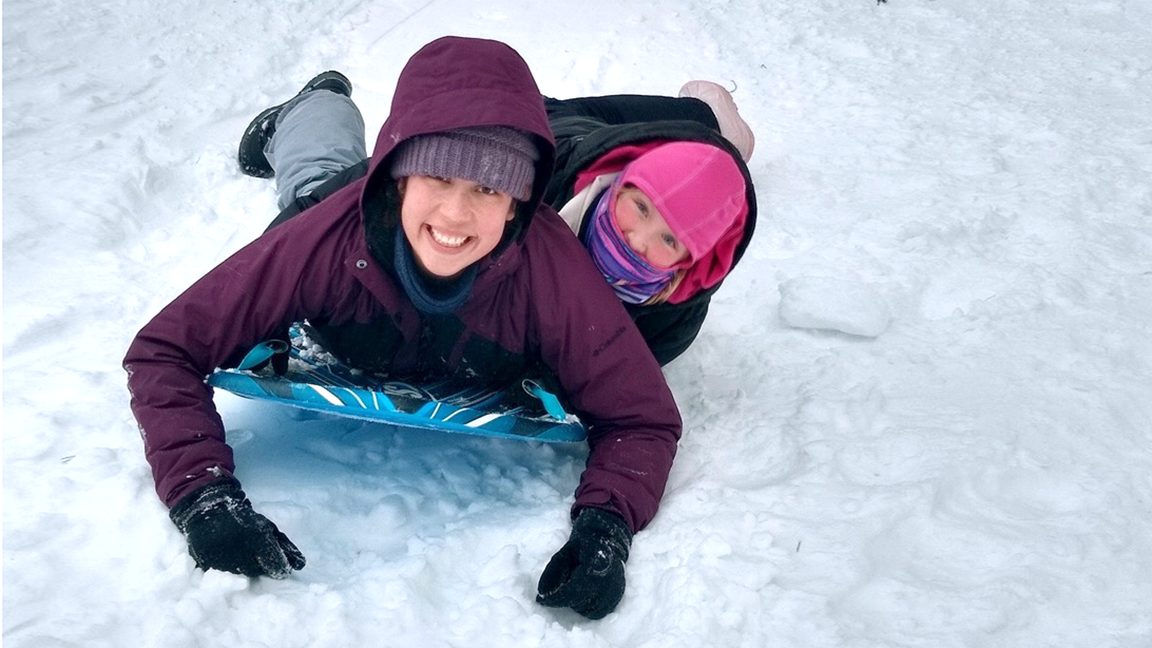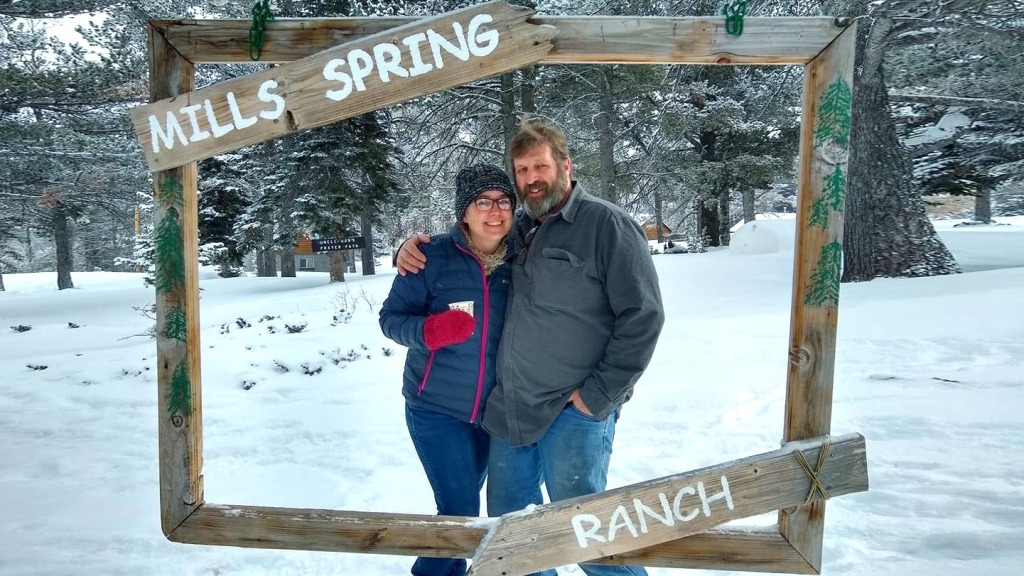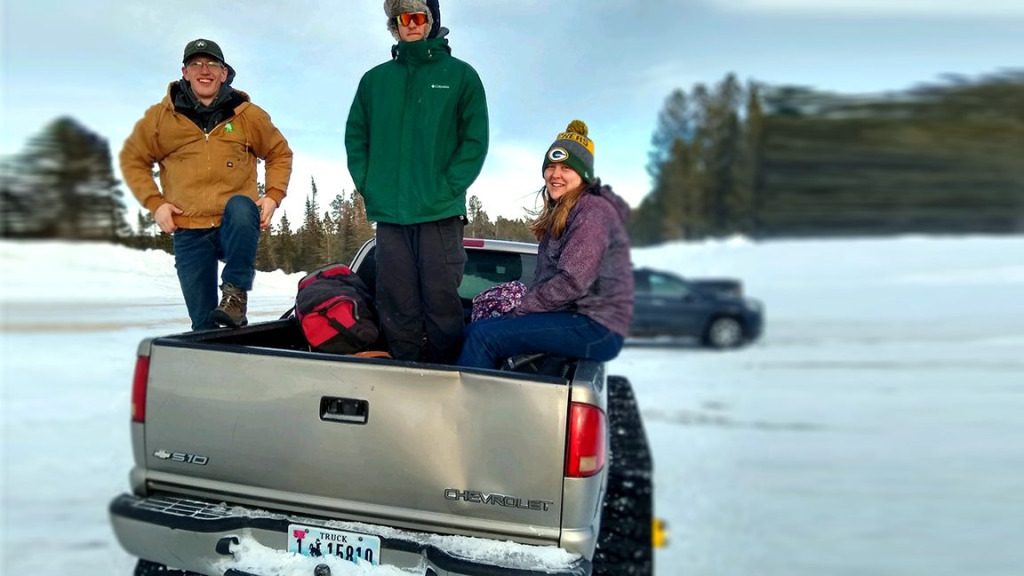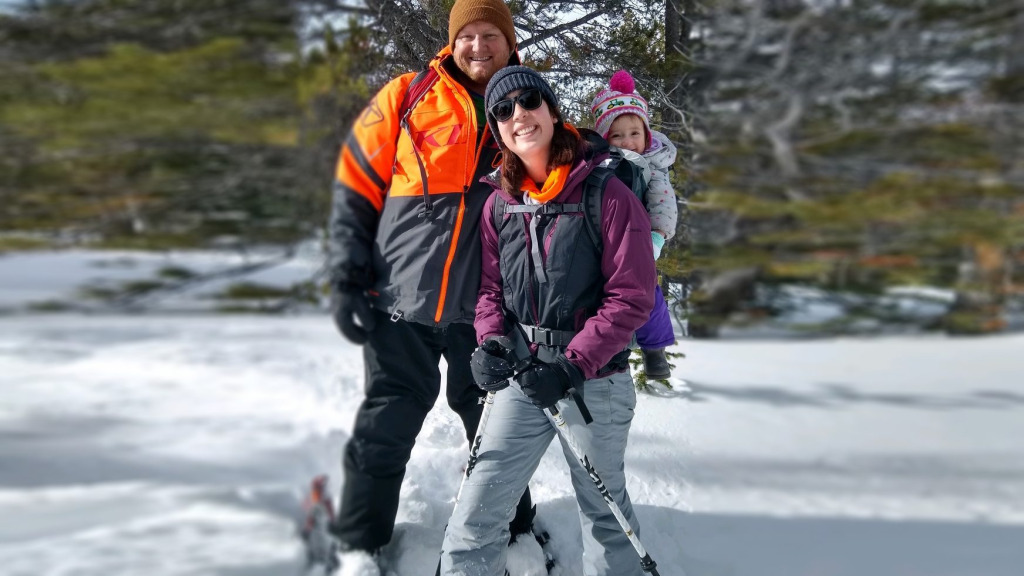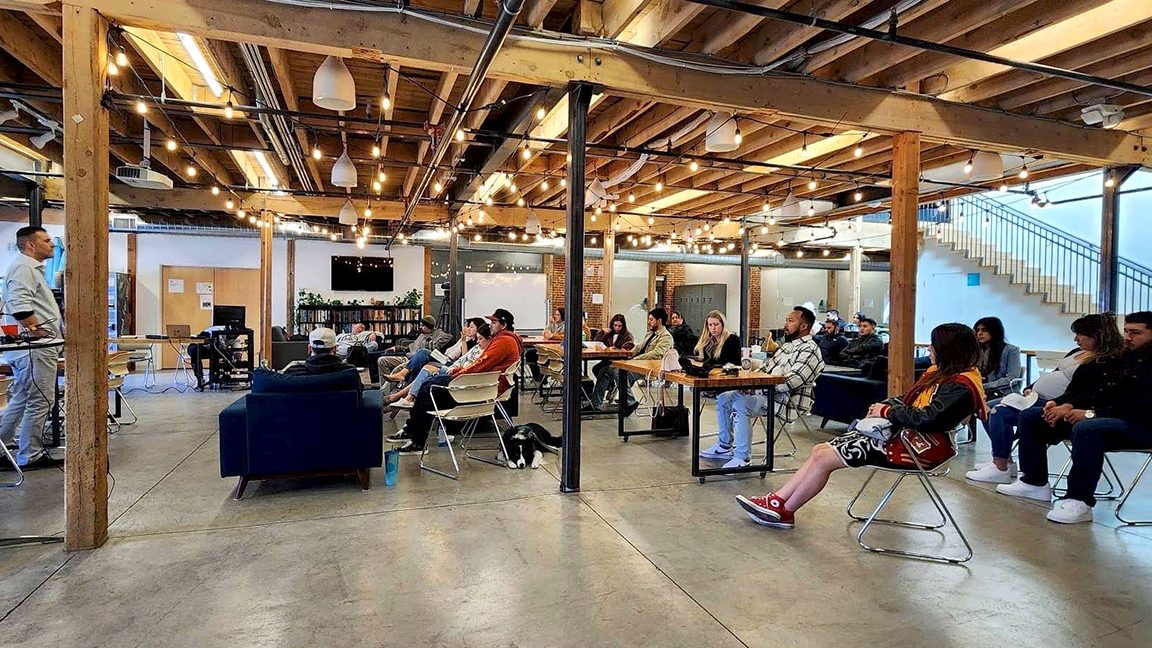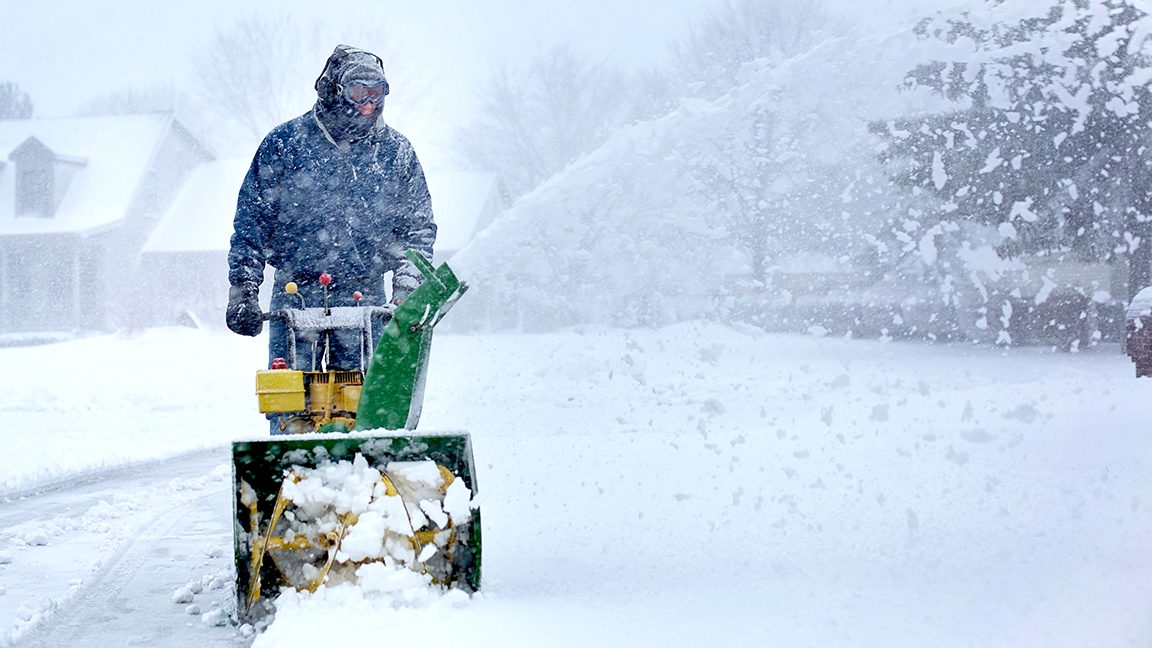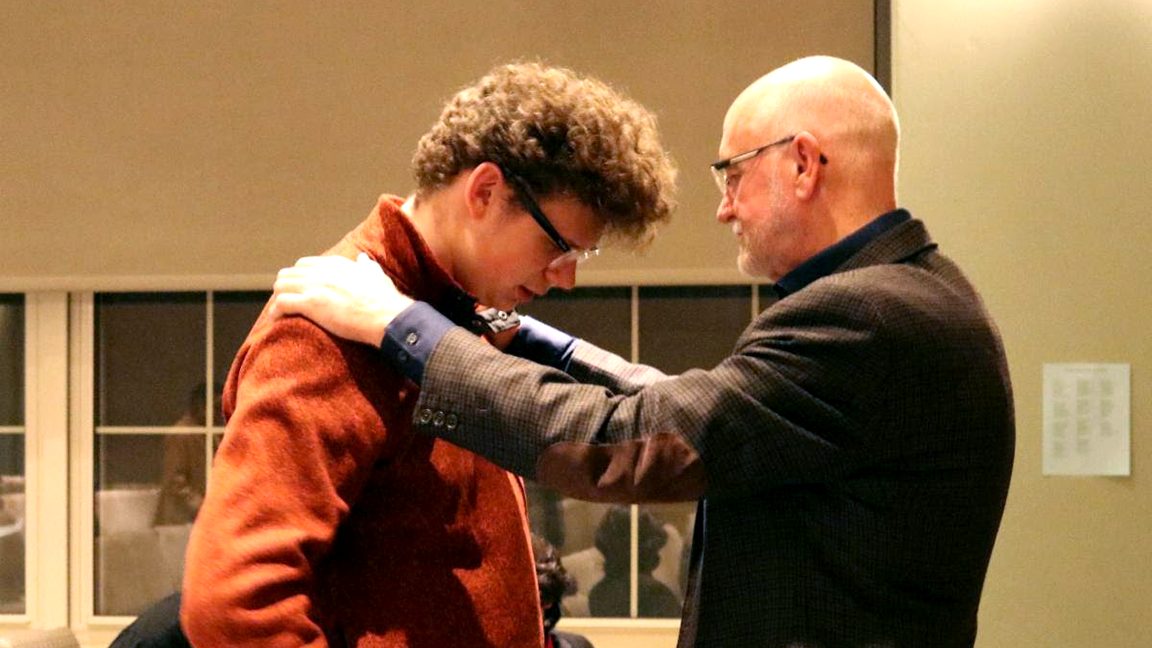By Nathaniel Gamble
Early in my 20s, when I was home from college for the summer, I sought out one of my pastor friends for counsel. I was still mourning the loss of my father from a few years earlier and struggling to know what God wanted me to do with my life. And I was in a spiritual desert. What I found troublesome was that I didn’t feel close to God—or rather, I didn’t feel God was close to me. Why did it feel like I was more interested in God than God was interested in me?
I hoped my friend would prescribe a spiritual exercise for me to follow. His solution, however, caught me by surprise: “Your problem is that you don’t have any faith.” I was stunned and hurt! After pouring my heart out to my friend, this is all he had to say? His words felt like I was to blame for my own feelings and experience. He pointed out to me that I had all these doubts about God’s goodness, presence, and continuing love and interest in me. “Instead of focusing on your doubts,” he said, “you need to put your trust in who God has been for you up to this point, because that’s who he intends on continuing to be for you.”
What was most offensive about my friend’s advice was the idea that my doubts automatically meant my faith wasn’t genuine. Many biblical figures openly expressed their doubts, worries, fears, and concerns to God regarding how he was dealing with their situations, and God seemed to take them in stride (cf. Jeremiah 20:7-11; Habakkuk 1:2; Jonah 4; 1 Kings 19:1-18; 2 Corinthians 12:7-9; 2 Corinthians 11:24-29).
Similarly, the Bible is filled with questions for God that are concerned with how he is managing things. “How long, O Lord, will you not do something about my situation?,” is a favorite question various biblical passages directly address to God (cf. Psalm 74:1; Psalm 77:7; Psalm 13:1; Psalm 71:9-12; Psalm 6:3; Psalm 80:4; Psalm 90:13; Zechariah 1:12; Revelation 6:10). Our Lord’s cry from the cross, “My God, my God, why have you forsaken me?” (Matthew 27:46; Mark 15:34), is a reminder that Jesus is no stranger to my experience of doubt, pain, and confusion, even in the midst of his continued trust in God.
Reflecting on this material helped me see how my friend was wrong and right. He was wrong in that the courage to express doubts, frustrations, concerns, anxieties, and confusions to God can be the clearest and deepest expression of faith in God. He was right, however, in that I was skeptical and disbelieving in God’s continued goodness and love to me.
You see, the Bible understands faith as trust in who God is for you in your present and future, based on who he has shown himself to be for you in your past. God is not afraid of us expressing doubts or asking questions about where he is in our lives, when he is going to show up, or how all of this is going to work out. The real enemy of faith is not doubt but turning your back on faith and trust in God through faithlessness. Doubt as concern, fear, or confusion is simply faith asking when God is going to take care of the problem. Doubt as distrust and suspicion of God is faithlessness, because it denies that God ever showed up in your life at all, and therefore it decides that God has no intention of showing up now.
Friends, you don’t have to be afraid of your doubts. You can do what prophets, apostles, and so-called heroes of the faith have done in past generations: You can honestly express your doubts to God and give them to him. He already knows them anyway, and he’s perfectly capable of dealing with them in faithfulness to you.
—Nathaniel Gamble is RMC religious liberty and public affairs director. Photo by Pexels.

